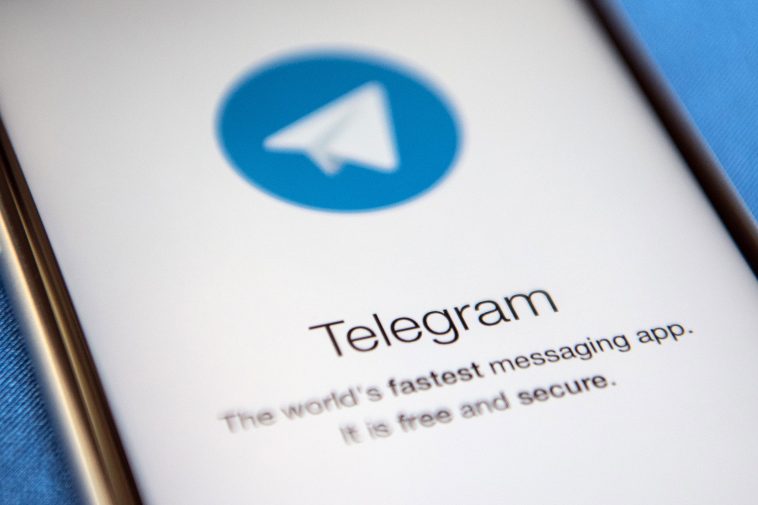Kenya’s Communications Authority (CA) has directed telecom companies to temporarily block Telegram in an effort to curb exam cheating. This move, aimed at preventing students from sharing exam answers, has resulted in restrictions on Telegram across major networks.
On Friday, Netblocks, an internet monitoring group, confirmed disruptions on Safaricom, stating that the blocks align with previous Telegram restrictions. A similar ban in November 2023 reportedly caused significant losses, estimated at KSh 4.2 billion, as businesses experienced connectivity challenges.
In a letter dated October 31, the CA addressed the heads of Safaricom, Telkom Kenya, Jamii Telecom, and Airtel Kenya. The authority highlighted that while other social media platforms have been cooperating with efforts to prevent misuse, Telegram has been less responsive. The CA has requested that Telegram be temporarily suspended during exam hours—7:00 to 10:00 am and 1:00 to 4:00 pm on weekdays—until November 22.
Last year, Netblocks reported that Kenya faced daily losses of approximately KSh 537 million due to a similar ban. During that time, six Telegram group administrators were arrested on allegations of exam malpractice.
Since then, Telegram has taken steps to soften its stance, updating its privacy policies in September 2024 to allow the sharing of IP addresses and phone numbers with law enforcement during criminal investigations. This policy change came on the heels of Telegram’s founder, Pavel Durov, being arrested in France.
With nearly 1 billion users globally, Telegram’s growth has been nothing short of meteoric. Renowned for its unfiltered content and massive group chats, the platform has become a powerful tool for free communication—though it frequently finds itself at odds with government oversight.
The debate over free speech versus regulation is intensifying on a global scale, with sharp contrasts between the West and nations like Russia and China, where platform regulations are often influenced by their origins. In Kenya, the annual ban on Telegram has become a recurring measure to combat exam cheating. Despite these regulatory efforts, Telegram remains the leading encrypted messaging platform in the country.
 We just launched our WhatsApp channel. Want to get the latest news from the Tech in Africa?
We just launched our WhatsApp channel. Want to get the latest news from the Tech in Africa?



